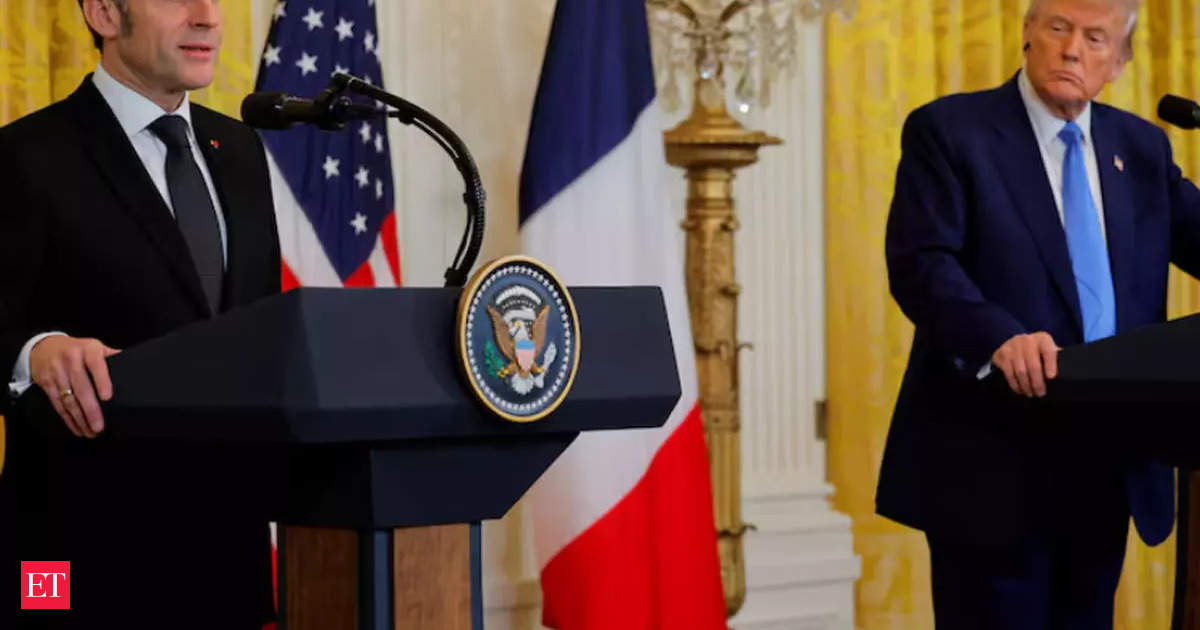Paytm announced on Friday that the company and its associate entity, Paytm Payments Bank, have reached a mutual agreement to discontinue several inter-company agreements with the aim of reducing dependencies. In addition, the shareholders of the bank have also agreed to simplify the shareholders’ agreement in order to support independent governance. This development comes shortly after Vijay Shekhar Sharma, the founder and CEO of Paytm, resigned as the non-executive chairman of PPBL’s board.
The decision to scrap the agreements is part of Paytm’s efforts to streamline its operations and increase transparency. By reducing dependencies, the company aims to improve its overall efficiency and create a more robust business model.
This move also reflects a shift in Paytm’s corporate structure. Previously, there were several agreements and interdependencies between Paytm and its associate entity, Paytm Payments Bank. However, with the discontinuation of these agreements, Paytm and its bank unit will have more autonomy and independence in their operations.
The shareholders of the bank have also played a crucial role in supporting this transition. They have agreed to simplify the shareholders’ agreement to ensure that the bank’s governance remains independent of its shareholders. This step will help strengthen the bank’s governance structure and enable it to make decisions in the best interest of its customers and stakeholders.
The decision to discontinue the agreements comes at a time when Paytm is undergoing significant changes in its leadership team. Vijay Shekhar Sharma’s resignation as the non-executive chairman of PPBL’s board marks the end of his seven-year banking stint as a fintech entrepreneur. This move is aimed at bringing fresh perspectives and expertise to the board, as the company prepares for its next phase of growth.
Paytm has been one of the leading players in India’s digital payments ecosystem. With its diverse range of services and innovative solutions, the company has revolutionized the way Indians transact and manage their finances. As Paytm continues to evolve and expand, it is focused on strengthening its core offerings and delivering exceptional value to its customers.
Overall, the decision to scrap the agreements between Paytm and its bank unit reflects the company’s commitment to improving its operations and governance. By reducing inter-company dependencies and simplifying the shareholders’ agreement, Paytm aims to create a more efficient and transparent business model. This move aligns with the company’s vision of becoming a trusted and customer-centric financial services provider.











